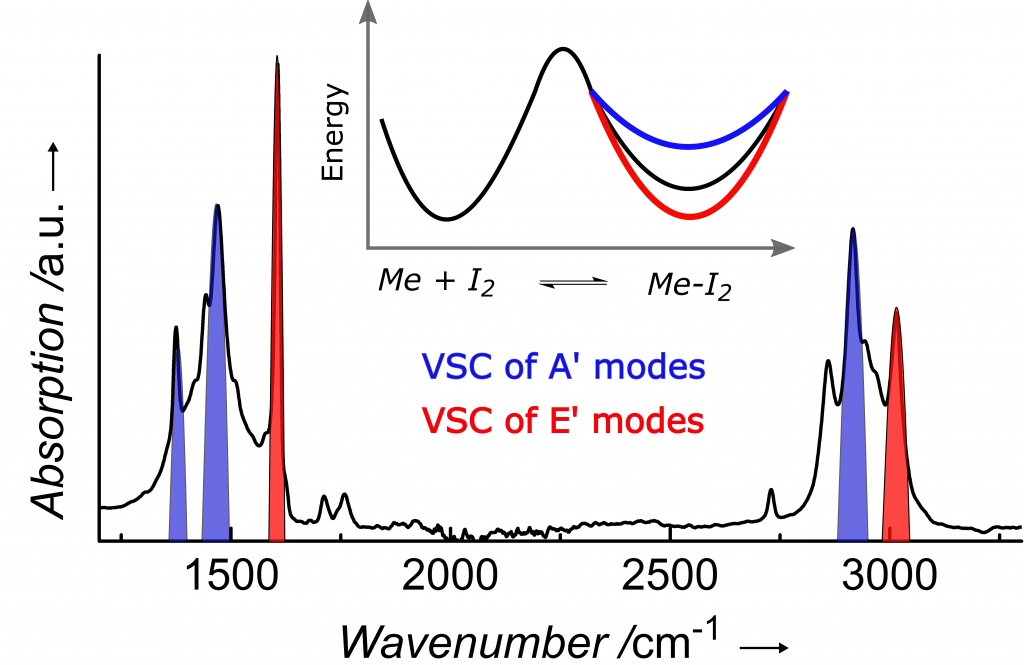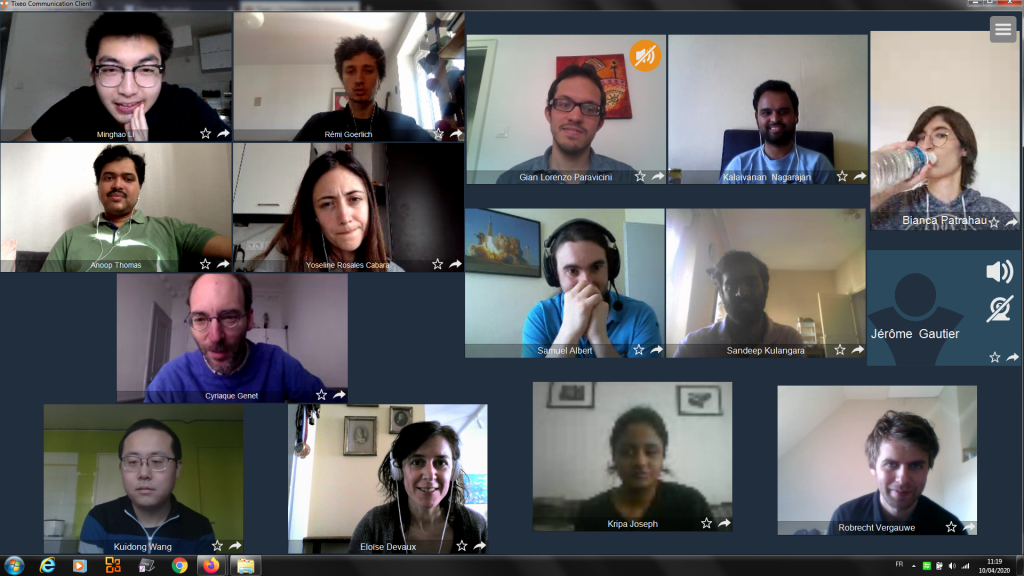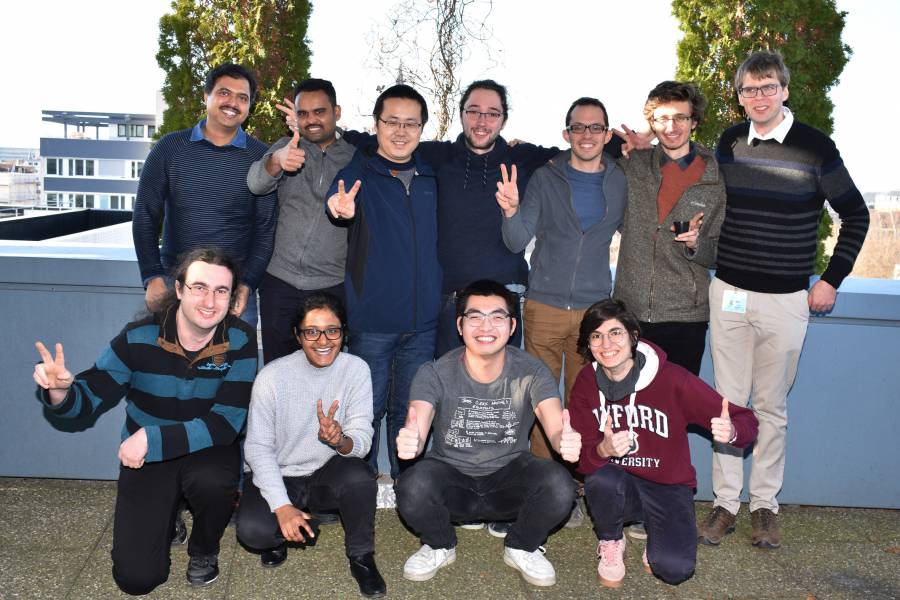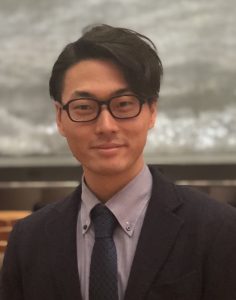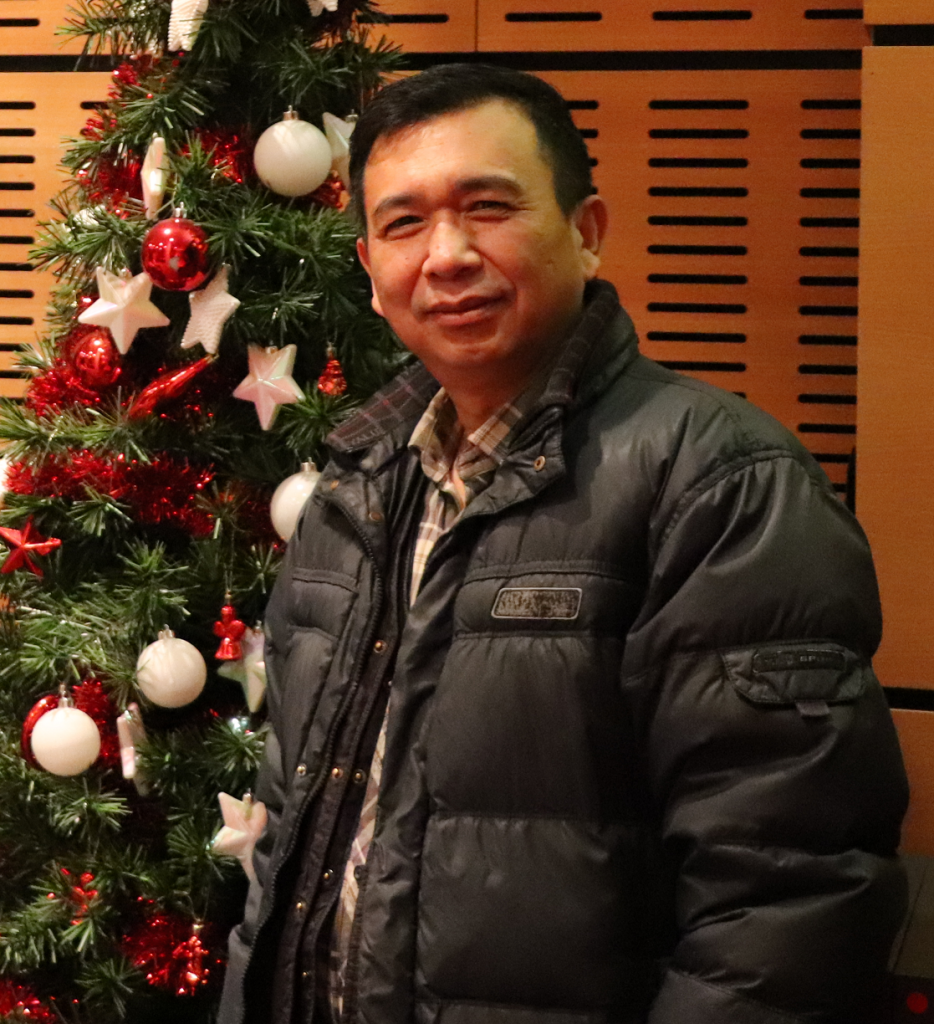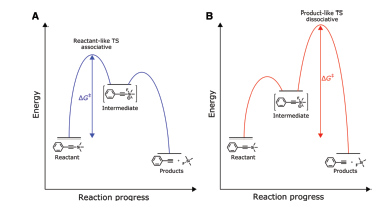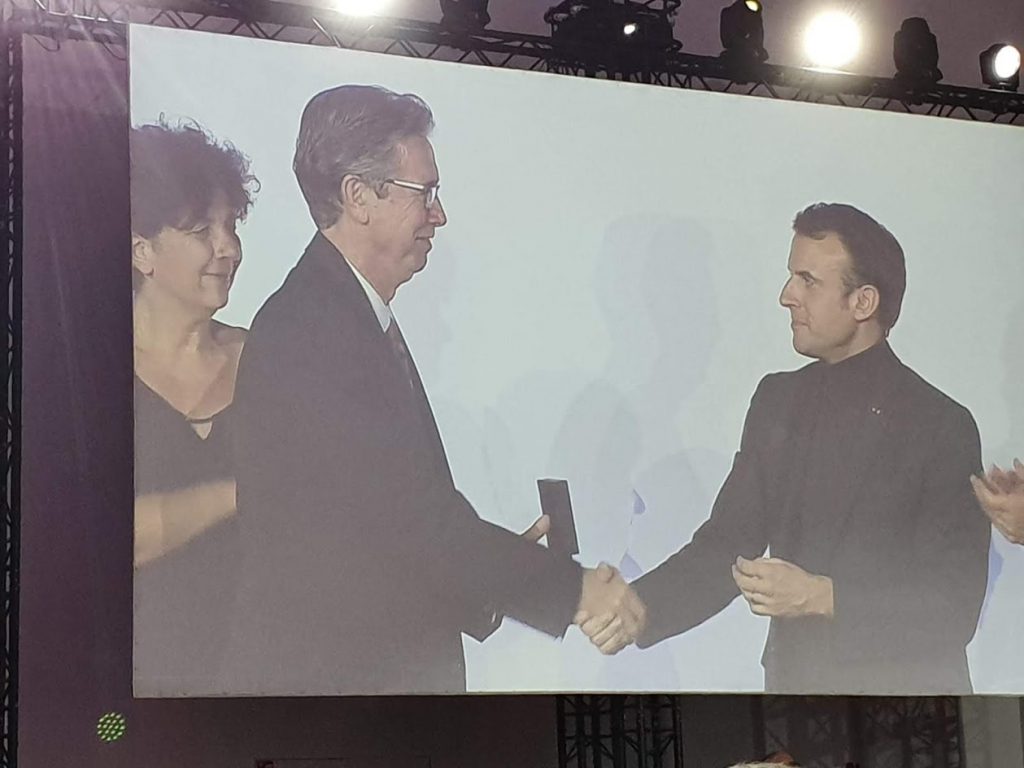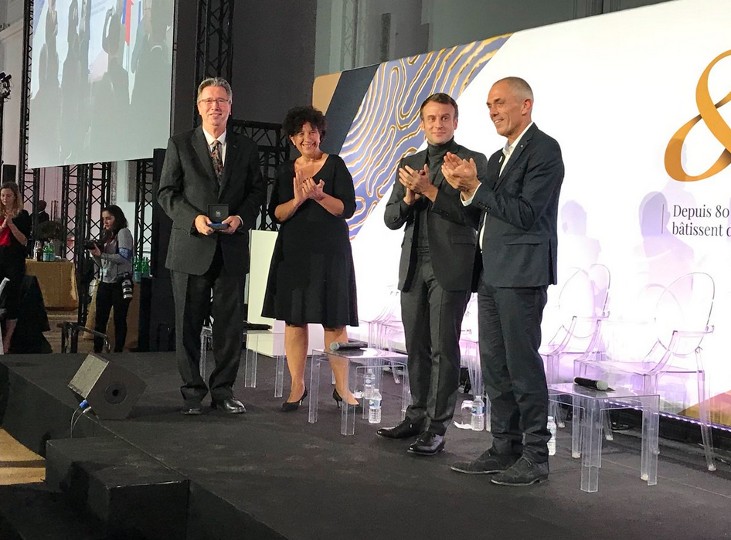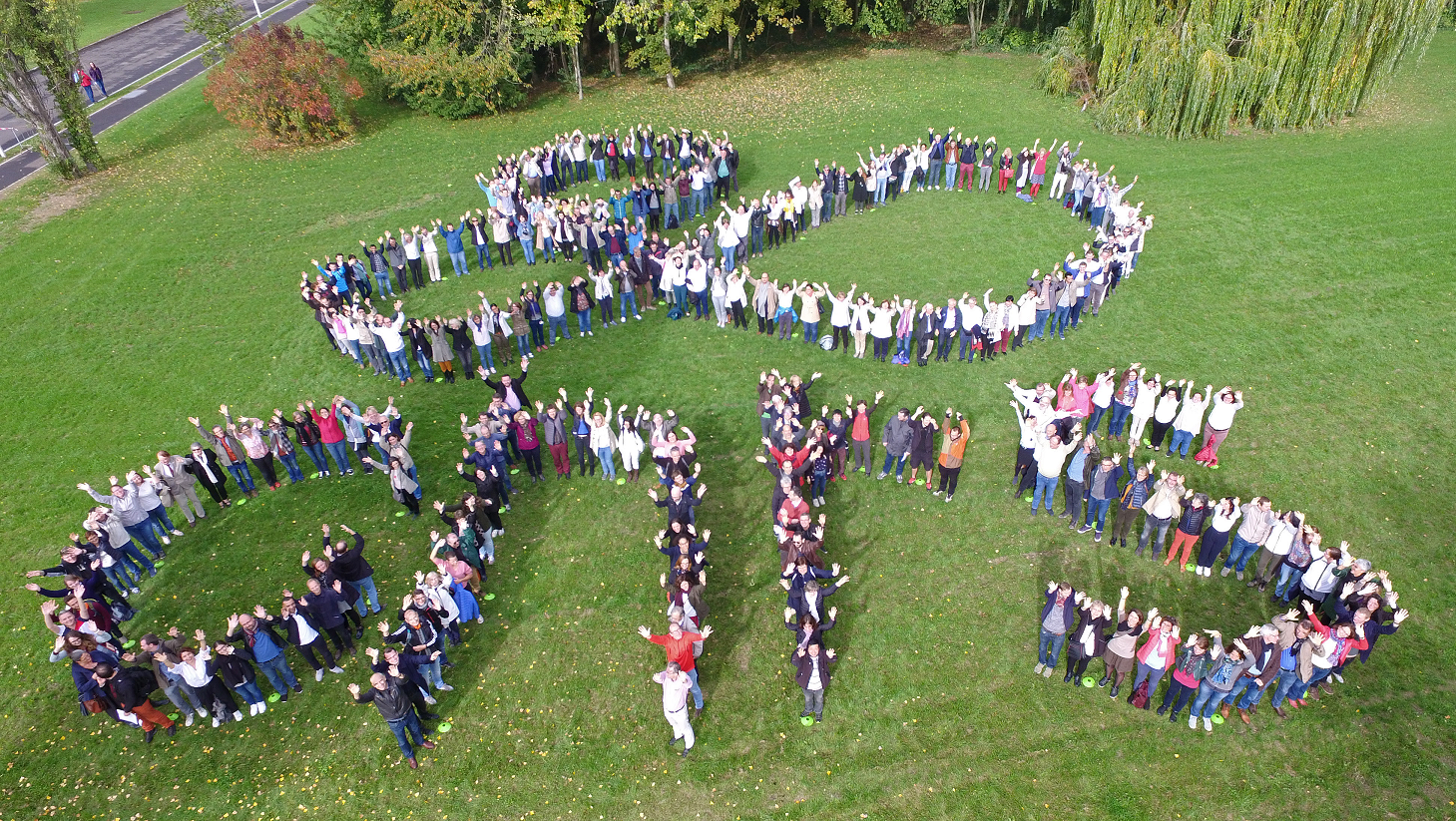Our latest paper is online and open access in Angewandte Chemie. We explore and reveal the critical role of molecular symmetry in vibrational strong coupling (VSC) in the case of a charge-transfer (CT) complexation reaction. We show indeed that VSC induces large changes in the equilibrium constant of the mesitylene-I2 CT complex, which can be either enhanced or suppressed depending only on the symmetry of the
vibration coupled to the vacuum electromagnetic field.

